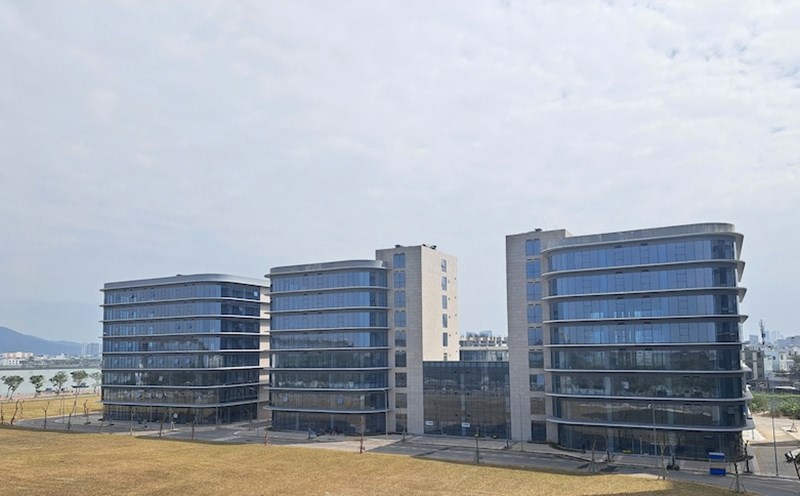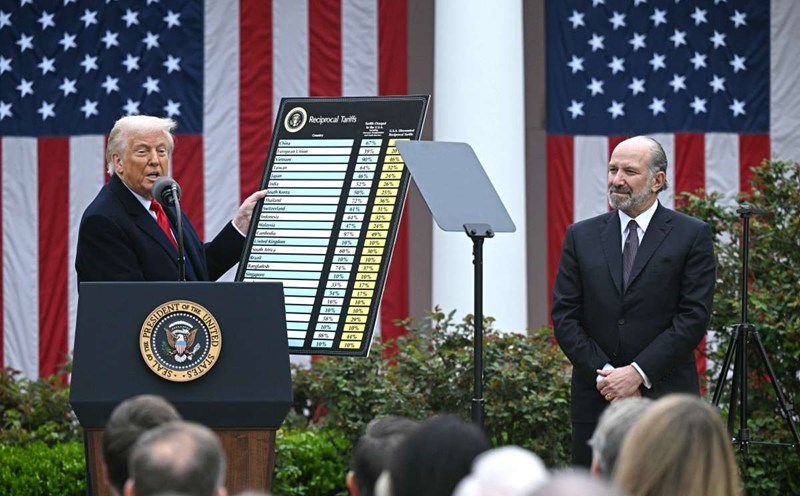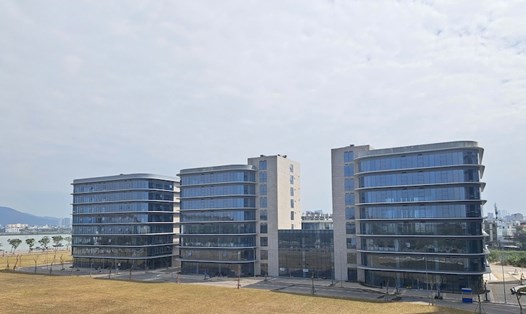Da Nang is the first locality in Vietnam to apply international practices in the appraisal of urban transport projects. The city has done this through the use of a notebook developed by the Department of Finance with the support of the World Bank (WB) and the State Secretariat on Switzerland's economy (SECO).
The Handbook provides tools such as formats and value estimates to analyze the social benefits and costs of the project. The content focuses on two important stages according to the Law on Public Investment, including: the stage of approving investment policies and the stage of approving investment projects.
This Handbook helps standardize the appraisal process, improve the quality of project appraisal, and at the same time provide management agencies, appraisal units and related parties with a consistent and reliable tool to make more effective public investment decisions.
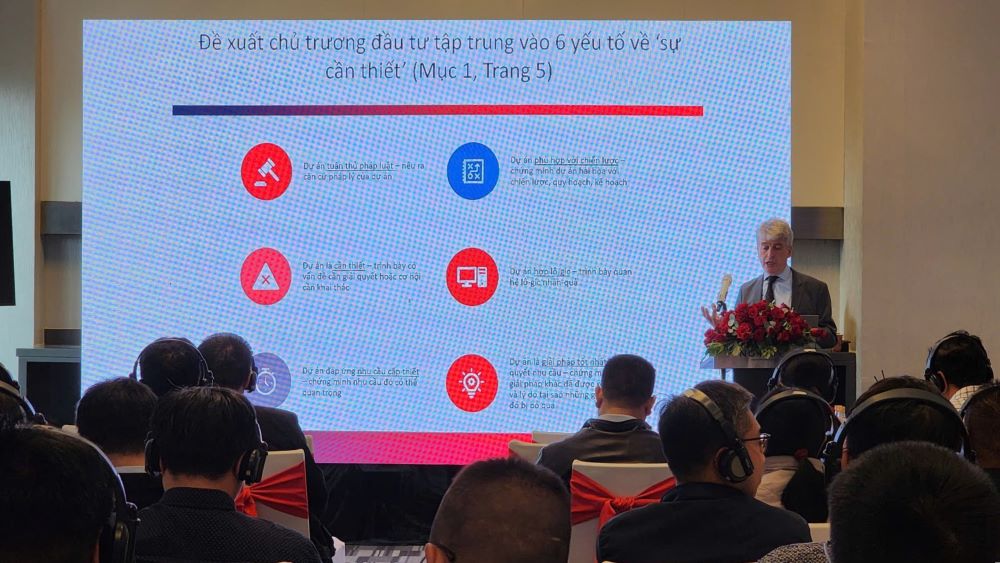
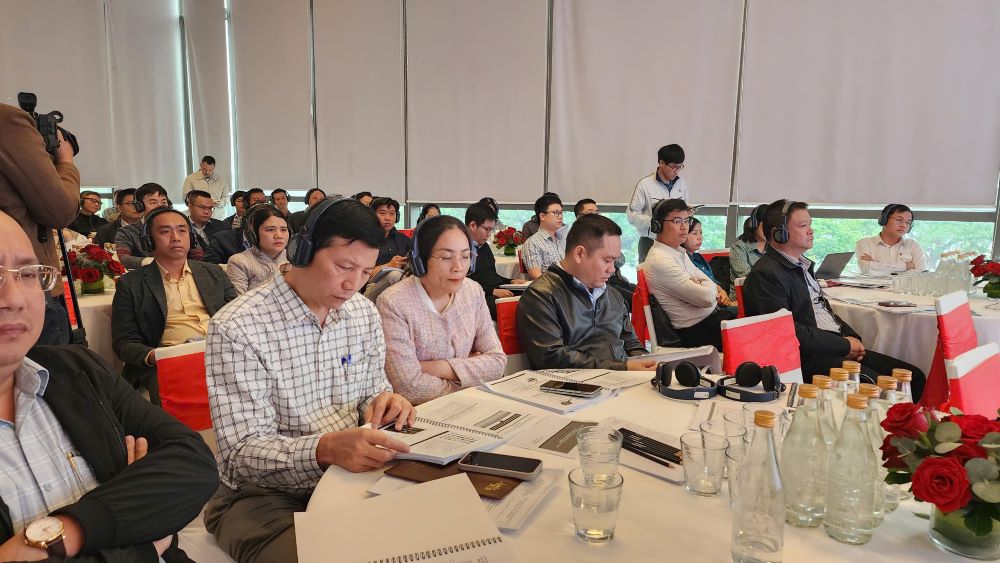
Evaluating the launch of this notebook, Mr. Dang Dinh Duc - Deputy Director of Da Nang Department of Finance - emphasized that the evaluation of public investment projects is an important step to comprehensively assess the need, feasibility, efficiency and appropriate level of the project with the development plannings and strategies of the industry, local and national. The good implementation of the evaluation will help choose the projects that are really necessary, have optimal investment plans, ensure the efficiency of capital use and avoid wasting the state budget.
"Therefore, standardizing the appraisal process through a handbook not only helps support appraisal work but also helps management agencies and related parties have detailed and consistent reference tools to improve the effectiveness of investment decision making. From there, the units will ensure the effective use of public investment capital, promote sustainable transport infrastructure development and meet the city's socio-economic development needs" - Mr. Duc said.
At the handbook launching ceremony, the Department of Finance of Da Nang City also organized training for 50 delegates who are representatives of the city's departments, branches, sectors, district/county agencies, project management boards, consulting and construction enterprises.


